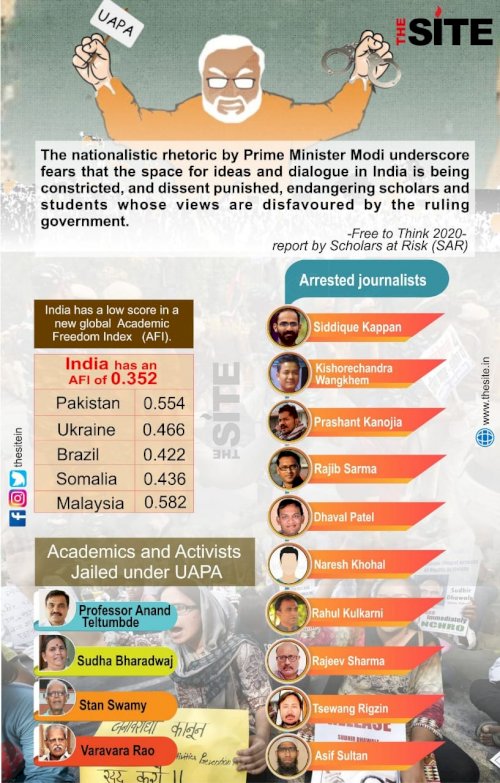SDPI opposes Anti-'Love Jihad' law by Madhya Pradesh, says ‘Love Jihad' is non existent
By Staff Reporter, The Site
The Social Democratic Party of India (SDPI) has slammed the proposed legislation against the ‘Love Jihad' bu Madhya Pradesh government citing the issue is non existent. This move comes soon after the announcement of similar legislation by the BJP-led Government in the states of Haryana, Uttar Pradesh and Karnataka along with Assam too SDPI president M. K. Faizy, in a statement, said that “Love Jihad” was not a term recognized by any legal system in India. “It was coined by Sangh Parivar outfits to describe an imaginary Muslim conspiracy to convert unsuspecting Hindu women to Islam. In February this year, the Central government had told Parliament that the term “Love Jihad” is not defined under any existing law and no case has been reported by any central agency. With this, the Central government had for the first time officially distanced itself from the idea of rightwing religious groups using marriage as a ruse to convert women,” he pointed out.
Faizy opined that such a law is dangerous, especially without any empirical data establishing such a trend, and is mostly based on paranoia about inter-personal relationship between two individuals, which has no place within our Constitutional set-up. All attempts to propagate such toxic prejudices and mould those into law are a disservice to the Constitution and the state as a whole. On the part of the government, contemplating laws to regulate matrimonial relationships between consenting adults is not only against the Constitution but also strikes hard on the notion of individuality and basic freedom. Such agendas are destined to be anti-development as the States shall be heavily burdened by suspicion of inter-community relations. He said that the spectre of ‘“Love Jihad” both communalizes and criminalizes a matter of personal choice between two consenting adults. Such laws, if passed, besides being ultra vires of the Constitution, will also demonstrate how the legislative process could be deliberately abused to further a political agenda. It would be inherently immoral because it would seek to delegitimize something as sacred as love. It would be patriarchal and anti-women because it would treat Hindu women as “property” of their men, and thus control their sexuality. It would be degrading to them because it would presume that they are so gullible that they could not be trusted upon to decide what is good for them in life.
Faizy said the strange narrative that is being proposed in support of such a law is that Hindu women are gullible victims as they have been persuaded and are being persuaded to get distracted from their community or religious fold and that this law will be a shield to protect them from such distraction. It is as if they are not consenting adults having the right under the Constitution to make their own choices. Such an idea, in fact, feeds the strength of all patriarchal societies to control their sisters and daughters, who are never destined to be independent women and whose sexuality is doomed to be controlled by patriarchy.
















